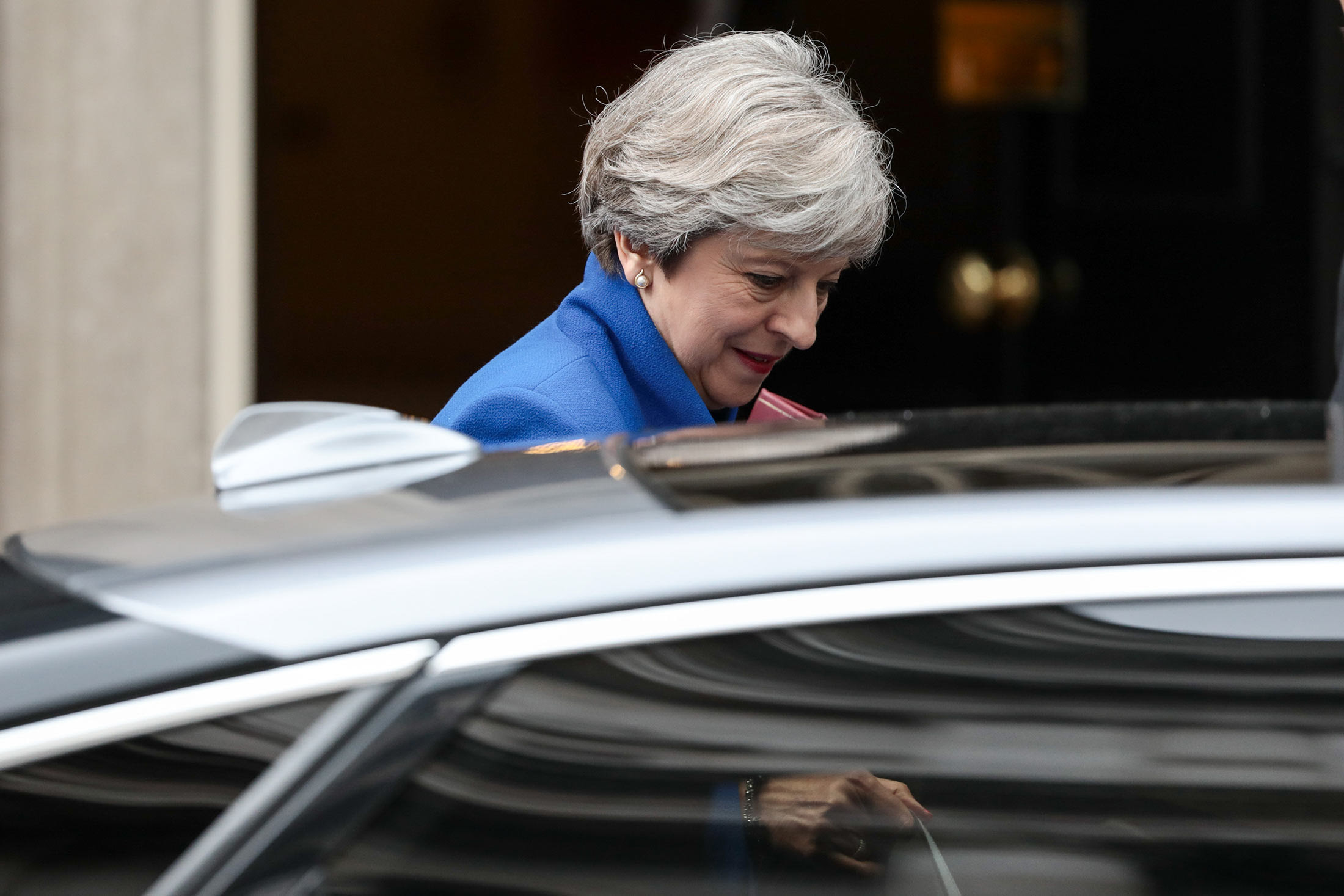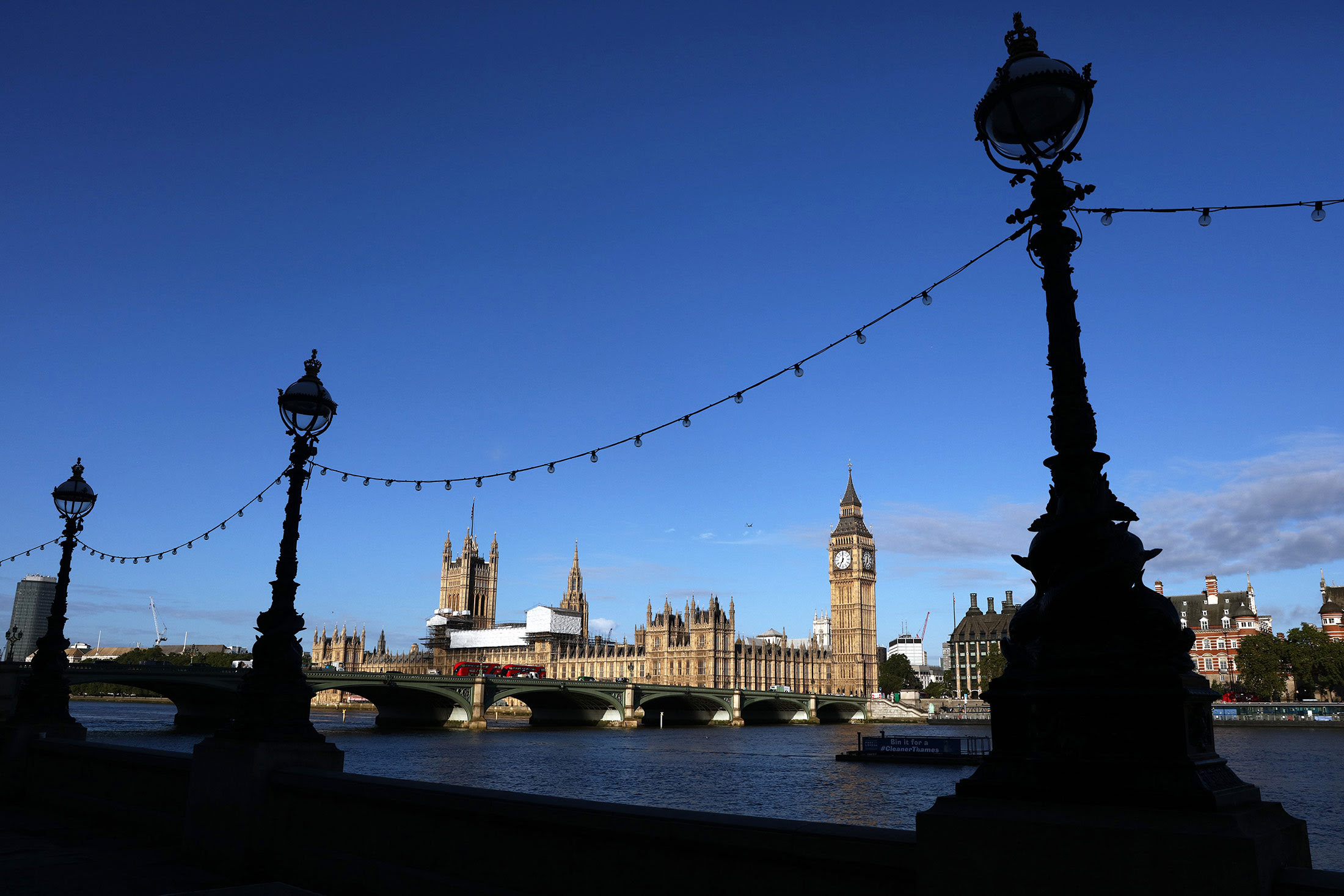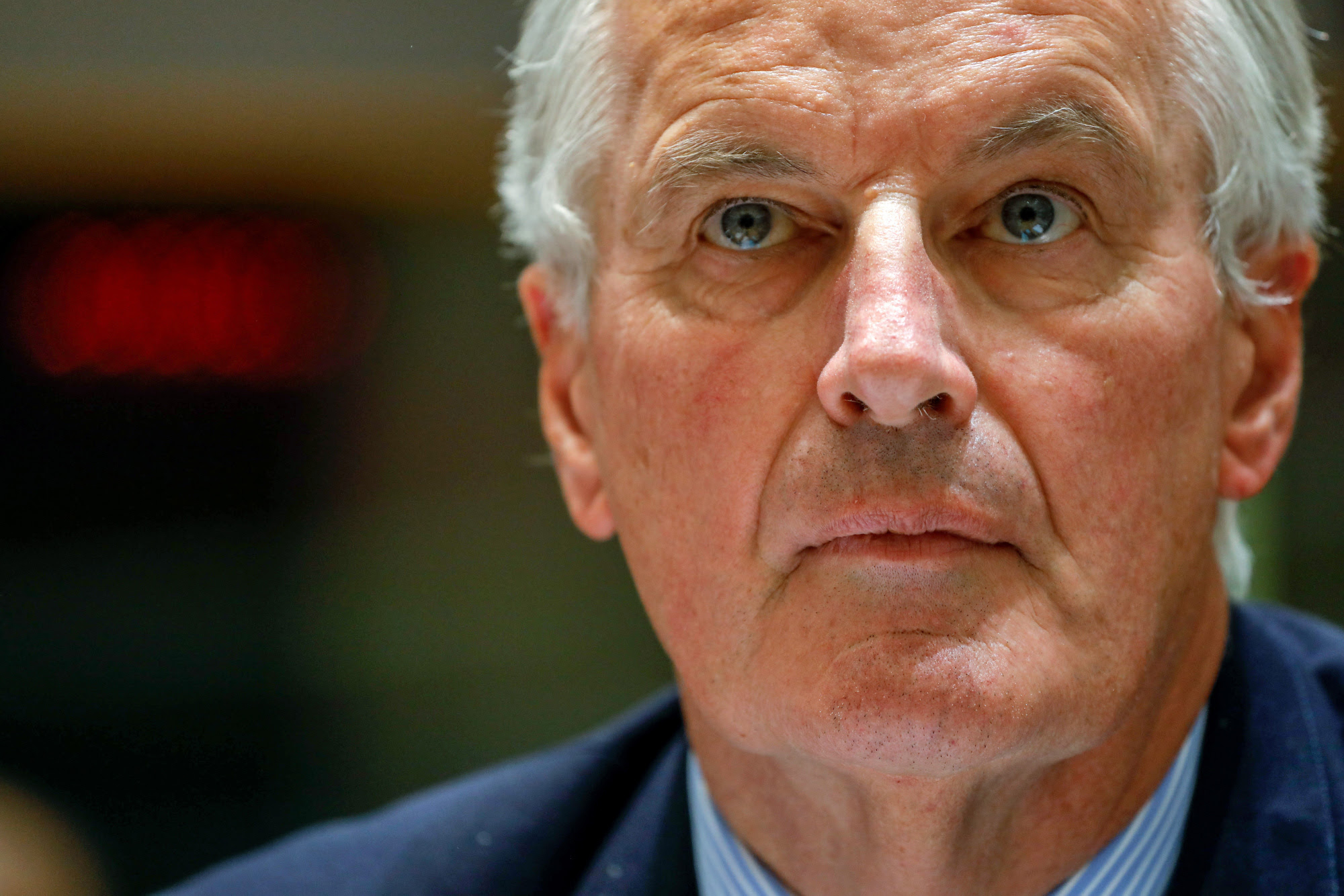Will the March 2019 deadline slip?
U.K. Trade Secretary Liam Fox (pictured) was pretty clear on Monday. “We will leave the European Union at the end of March 2019,” he said in Washington. “There’s no doubt about it.”
Not all are so sure. In fact, some Brexit-watchers suggest that Britain won’t actually leave as planned on March 29, 2019.

Article 50 of the Lisbon Treaty states that extending the timeframe for talks would require the unanimous consent of all 28 members of the EU, including the U.K. Malcolm Barr, an economist at JPMorgan Chase, and Lucy Thomas, who helped run the Remain campaign and now works for Edelman, are among those who say they see how that could happen.
Barr’s theory is that the two-year timetable set aside for negotiations was already demanding even before political events in Britain delayed the start of them. A messy divorce is also not in the EU’s interest, he said.
It “hurts everyone to have a disorderly Brexit,” said Barr, who noted Greece missed numerous EU deadlines to fix its finances.
He puts the chances of Brexit occurring at the end of March 2019 as less than 50 percent, and instead sees a delay until the final months of that year.
“The only thing you really need is political will,” said Thomas. “If there’s a sense in Brussels and across European capitals that the Brits have behaved badly and deliberately stalled or played dirty, there will not be a willingness to extend and help us out.”
At the moment the EU is sounding irritable. In a meeting with regional ambassadors in Brussels on Wednesday, chief negotiator Michel Barnier expressed frustration with the slow pace of progress in the talks, a person present said.
Ongoing differences over the future of Britain’s relationship with the European Court of Justice are also overshadowing talks. Just this morning the Daily Express cited a senior U.K. government minister saying that Britain may walk away because of differences over the ECJ.
Migration Study
Prime Minister Theresa May’s government has commissioned a report assessing the impact of EU workers on the British economy, prompting questions as to why such a study wasn’t conducted earlier.

Home Secretary Amber Rudd on Thursday will ask the independent Migration Advisory Committee to study the role of EU nationals in the U.K. economy, as plans are developed to control migration from Europe after Brexit. The final study will be completed in September 2018, though the committee will be encouraged to publish interim reports.
Rudd will also confirm the government intends to seek a transition period to implement the immigration changes and avoid a “cliff-edge” for businesses and EU nationals.
The U.K. does not want fewer migrants coming to work in the tech industry as a result of Brexit, Foreign Secretary Boris Johnson said on Wednesday.
Separately, a House of Lords panel raised questions about how a transitional deal can be struck by warning that the lapse of an agreement providing for the extradition of criminals between the U.K. and the EU poses an “unacceptable” risk.
Company Comments
May Loses More Staff
May’s director of strategy resigned, leaving her government without the authors of her Brexit vision at a critical time in negotiations with the EU.
Chris Wilkins will leave his post at the end of this week, he told Bloomberg’s Tim Ross by telephone on Wednesday.
The departure means that May has lost both her top strategists in the wake of last month’s general election. Nick Timothy, her co-chief of staff, quit the day after May’s Conservatives were stripped of their parliamentary majority in the poll.
He and Wilkins wrote the Brexit speech in January in which she set out her plan to take the U.K. out of the single market and customs union.
 Brexit in Brief
|



Comentarios
Publicar un comentario